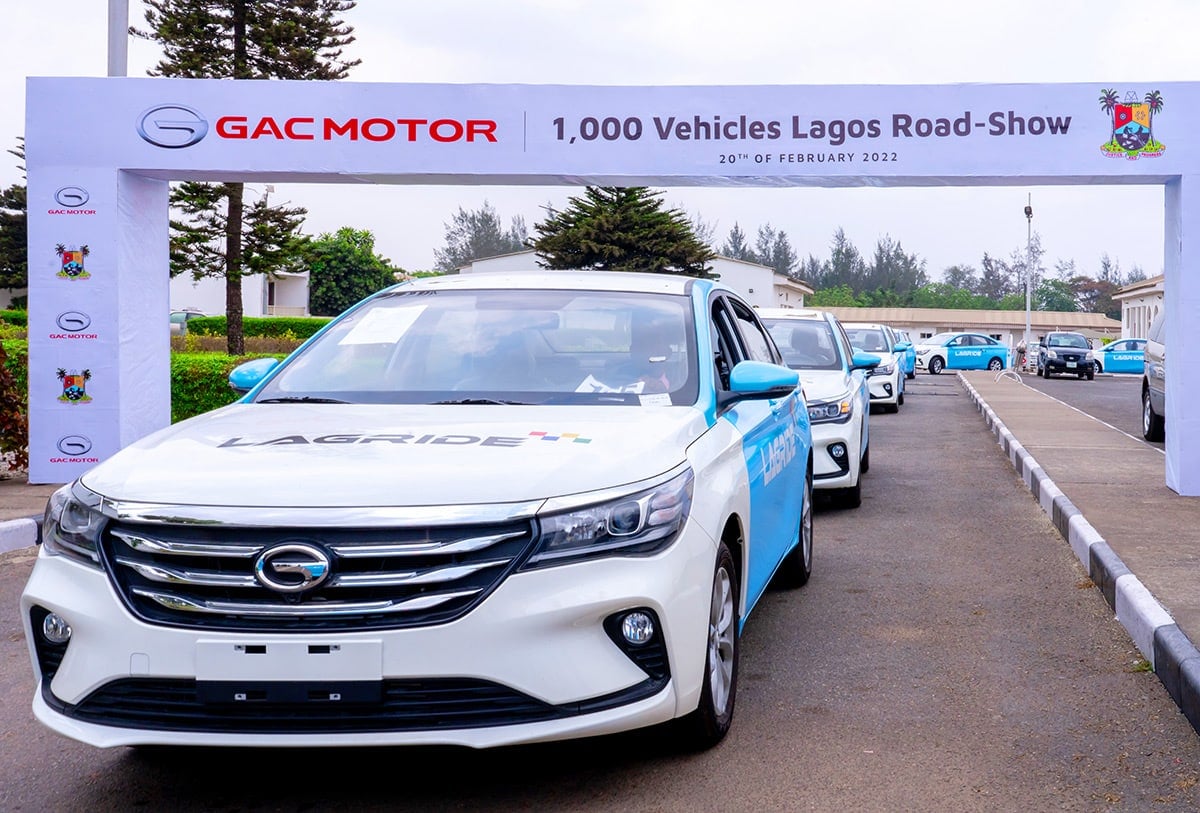Drivers on the Lagos State government’s LagRide platform are being threatened with arrest and vehicle seizure for refusing to adopt the platform’s newly launched app. This escalates tensions between them and the Chinese automotive company CIG Motors, which recently assumed operational control.
The drivers’ resistance stems from dissatisfaction with the new app, launched following the abrupt termination of the Lagos State government’s contract with the original developer, Zenolynk Technology Ltd. Drivers cite low fees, poor functionality, and restrictive payment policies as reasons for their reluctance, leading to a significant drop in driver participation.
“The following misconduct has been recorded among some captains: Refusing trips without valid justification; Collecting cash payments instead of using the platform.”
“Discouraging riders from hailing via the LAGRIDE app. Promoting alternative ride-hailing services at the expense of our platform,” a notice by LagRide management to drivers seen by Condia read.
Despite achieving over ₦600 million ($389,911) in gross merchandise value (GMV) on March 25, 2025, LagRide is struggling with driver churn this month. Documents seen by Condia indicate that while order volume increased significantly, the number of available drivers remained insufficient to meet demand.
Four drivers exclusively told Condia that they are now planning a protest to challenge the management’s actions. “They (LagRide) have given the order to start impounding our cars. We have a protest and strategy meeting we will be organising on Thursday to press home our demands,” a driver told Condia.
The drivers’ discontent is rooted in broader issues, including dissatisfaction with LagRide’s asset financing scheme, high operating costs, rising fuel prices, and poor driver welfare. They have previously demanded to settle their outstanding car loan balances and exit the scheme, citing a lack of trust in CIG Motors’ management.
“Drivers are done with this scheme and would love to pay their liabilities than continue under a new management (with CIG Motors),” Sam Mfuk, a driver, told Condia two weeks ago after a series of meetings with the Chinese automaker in Victoria Island, Lagos.
CIG Motors, which assumed operational control of LagRide just a month ago, faces the challenge of rebuilding trust with drivers. Experts suggest that the company should adopt more democratic approaches and consider incorporating features from the previous app that drivers found more user-friendly, such as flexible payment options.
Get passive updates on African tech & startups
View and choose the stories to interact with on our WhatsApp Channel
Explore




